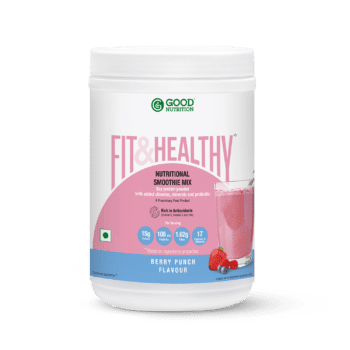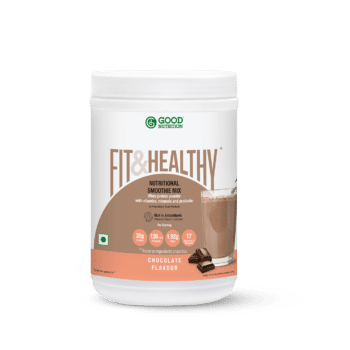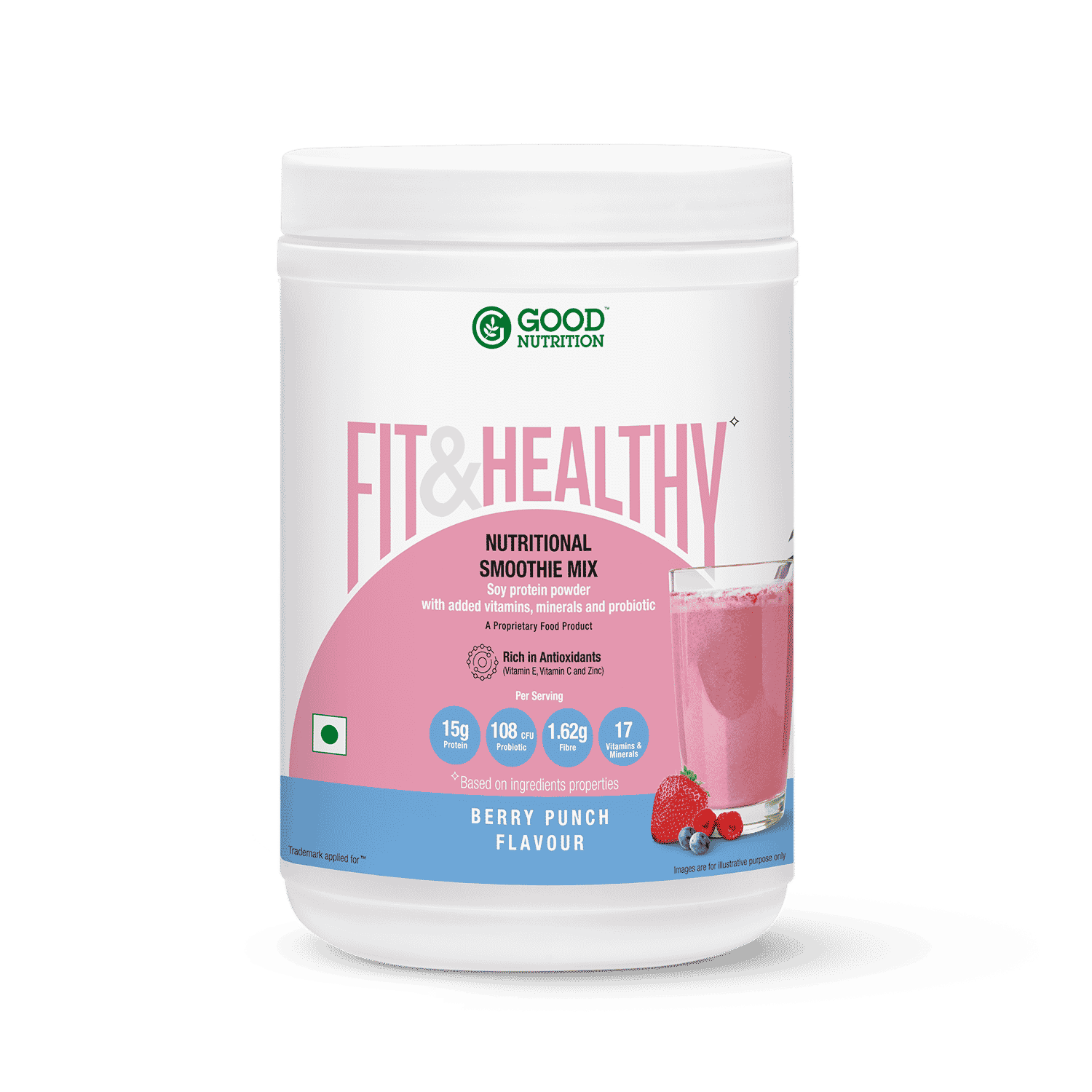It’s not just the number of years you live; it’s how you live them.
With modern medicines and technology, the life expectancy has increased but what is the point of living longer when we can’t live well. Along with living longer, we also want to enjoy a good quality of life and disease-free health.
Well, we know aging is a natural process; something that happens to all of us from the day we’re born. It is multidimensional process of physical, psychological, and social change.
What physiological and cellular changes occur as we age?
Between the ages of 20 and 40, changes occur in all the cells of your body due to oxidant stress. Each time these cells divide they lose a bit of DNA on the ends of chromosomes called telomeres until cell division stops. A cell can replicate about 50 times before the genetic material is no longer able to be copied accurately. It loses its power of cell division and progressively decline in the resistance to stress and other cellular damages, causing a gradual loss of cellular functions and resulting eventually in cell death. This leads to a gradual decrease in physical and mental capacity and growing risk of disease and often termed as biological aging.
The more damage done to cells by free radicals and environmental factors, the more cells need to replicate and the more rapidly loss of cellular function happens.
The central process in aging is inflammation stimulated by oxidant stress, aging of the immune system, damage to your DNA, and loss of cells in brain, skin, and muscle. In muscle, the energy factories called mitochondria leak oxygen radicals with aging that leads to loss of muscle.
Also, over time, the output of many hormones in the body begins to decline due to cell damage, causing changes in the skin (such as wrinkles and the loss of elasticity) and a loss of muscle tone, bone density, and sex drive.
Further, overweight and obesity increase abdominal fat and cause inflammation in all the cells and organs of your body and contribute to more rapid aging that makes you look and feel older than your years.
Maintaining healthy habits throughout life, particularly eating a nutritionally balanced diet (right mix of quality protein, healthy fat, colourful fruits and vegetables) engaging in regular physical activity, refraining from tobacco maintaining a healthy balanced lifestyle use can help you look and feel younger for longer.
How to age successfully and in a healthy way
Aging starts early in life as you begin to lose brain cells between ages 20 and 40. So it is never too early to start your program of successful aging. If you are overweight or obese, inculcate the healthy habits in your lifestyle to age gracefully. Good Nutrition along with healthy active lifestyle can help you do better every day!!
Eat well and Healthy. A healthy, nutritionally balanced diet will usually include nutrients like vitamins, minerals, antioxidants, lean protein, healthy fat and carbohydrate including fibre and starches. Increase your intake of fruits, vegetables, whole grains, low-fat dairy, and lean meat and fish. Include such nutrient-dense meals choices in your diet and keep a check on your portion size in each meal. This will help you to avoid high-calorie intake which will automatically lead to a balanced weight. Stay Away from added sugar, salt, and saturated fats as they wreak havoc on the body, increasing the risk of hypertension, diabetes and heart disease.
Following a weekly meal plan will ensure better variety and keep a watch on total calorie intake.
Stop smoking
Quitting cigarettes improves circulation and regulates blood pressure while drastically reducing your risk of cancer.
Exercise
Most adults do not meet the recommended exercise requirement for good health (roughly 30 minutes of moderate to strenuous exercise 5 days per week). Even so, 15 minutes of moderate activity per day can improve longevity compared to no exercise.
Socialize
Socialization keeps us psychologically engaged and may help influence longevity as well. Maintain good, healthy relationships with others. Stay connected to the ones you love, and make it a point to meet new people.
Get Ample Sleep
Make every effort to go to sleep and wake up at the same time each day. Quality and quantity of sleep is essential for optimal functioning of the body including your metabolism, brain health, maintain critical body functions, restore energy and repair muscle tissue. Getting enough quality and quantity sleep is crucial to overall health and well-being. Getting around 7 to 8 hours of sleep per night, you may not only feel better but live longer.
Reduce Stress
Chronic stress and anxiety can be damaging to your body as they trigger the release of an inflammatory stress hormone called cortisol. Learning to control stress with relaxation techniques and mind-body therapies may help alleviate the indirect inflammatory pressure placed on cells.
To add years to your life and life to your years, it is vital that you eat healthy, maintain a healthy lifestyle, work on our psychological and physical health.















